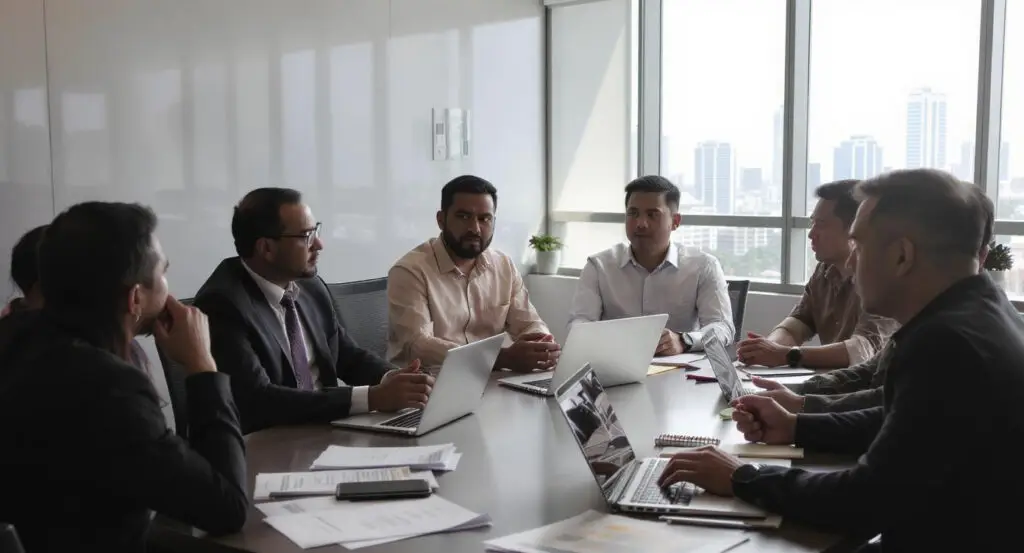Artificial intelligence (AI), if allowed to expand without proper oversight, poses significant risks of real-world harm, including discrimination, the spread of misinformation, and a severe erosion of public trust. This stark warning was issued by Filipino experts during a high-level forum held on June 11. As AI systems continue their rapid expansion across Southeast Asia, the symposium emphasized the urgent need for clearer safeguards and enforceable AI regulations to protect public interest while simultaneously fostering innovation.
The Peril of Unchecked AI
Filipino experts have issued a grave warning: AI, if left unchecked, can lead to tangible harm. Dr. Erika Fille Legara, Managing Director and Chief AI and Data Officer at the Center for AI Research (eCAIR), stressed that “Without governance, AI exposes people to very real harm, discrimination, misinformation, exclusion.” She highlighted that a lack of proper oversight could ultimately lead to a collapse of public trust in these rapidly expanding technologies.
Beyond Principles: Embedding Governance
The symposium, organized by the Philippine APEC Study Center Network (PASCN) and the University of the Philippines (UP) System, called for clearer safeguards and enforceable AI regulations. Dr. Legara emphasized that merely adopting ethical principles is insufficient. Effective governance must be deeply embedded across the entire AI lifecycle, from its initial design and rigorous testing phases to its eventual deployment and decommissioning, ensuring accountability at every stage.
eCAIR’s Three-Tiered Governance Model
Dr. Legara cited eCAIR’s practical three-tiered governance model designed to ensure responsible AI. This model involves daily compliance checks conducted by developers and data scientists as the first layer. A second layer of review is performed by risk and documentation teams, while strategic oversight, especially for high-risk projects, comes from an AI Governance Council. This structured approach aims to enable responsible innovation, ensure technical and ethical rigor, establish internal accountability, and maintain stakeholder trust.
Regional Cooperation for AI Standards
Marcos Angelo Punsalang, Director-General of the APEC Philippines National Secretariat, highlighted the Philippines’ active engagement in regional AI cooperation efforts. These initiatives include policy dialogues and crucial capacity-building programs across the Asia-Pacific. The country is also preparing for key multilateral events, such as the August 2025 Digital and AI Ministerial Meeting and a Public-Private Dialogue on AI Cooperation, which are expected to solidify regional standards and best practices for AI adoption and integration.
Homegrown AI for Real-World Impact
Dr. Percival Almoro, Assistant Vice President for Academic Affairs (Research) of the UP System, showcased how homegrown AI-enabled tools are advancing research and community applications. His team developed a modified digital single-lens reflex camera capable of capturing ultraviolet, visible, and infrared wavelengths. This innovation has diverse applications, from dentistry and agriculture to skincare diagnostics, demonstrating how research can lead to tangible real-world impact through interdisciplinary collaboration.
Balancing Innovation and Safeguards
As APEC economies race to integrate AI, the Philippines’ call for ethics-based governance serves as a critical counterbalance to unchecked innovation. Dr. Legara concluded that “Governance is calibrating controls proportionate to risk, while never stalling the value we are supposed to create.” This philosophy emphasizes the delicate balance required to foster technological advancement responsibly, ensuring that AI development remains aligned with public interest and societal well-being.























